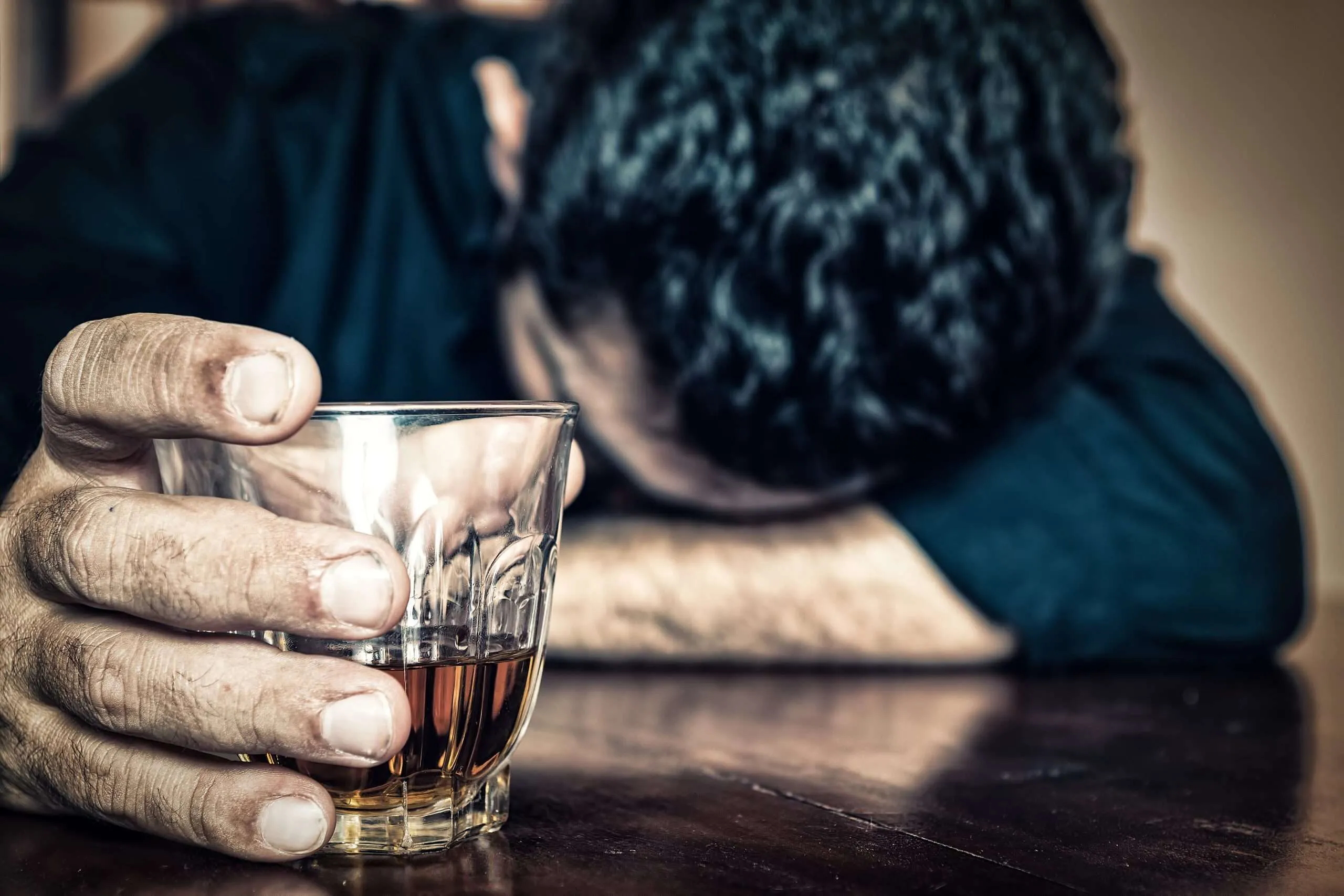People hear about drug overdoses but may think there’s not an equivalent when it comes to drinking. Can you overdose on alcohol? Yes, and it can not only be dangerous but deadly. It’s important to recognize the signs of alcohol poisoning and know how to react immediately in order to get help. In addition, if overdosing on alcohol has become a risk or has already happened, it’s time to think about getting professional addiction treatment from Tampa Bay Recovery.
Can You Overdose on Alcohol?
The definitive answer to “Can you overdose on alcohol?” is yes, you can. When this happens, the condition is called alcohol poisoning. It occurs when the amount of alcohol a person has consumed is so high, i.e. they have a large amount of alcohol in their blood, that it causes damage to the body. Areas in the brain begin to shut down, which causes difficulty related to basic life support functions. If immediate medical help is not sought, the person risks permanent damage or death.
Blood alcohol content (BAC) levels are used to help determine how much danger a person is in. As well, they are used by law enforcement to determine if a person has been driving while intoxicated. BAC is the amount of alcohol present in 100 milliliters or its equivalent of 1 deciliter of blood. In all states except Utah and in the District of Columbia, the legal limit for driving under the influence of alcohol is a BAC of 0.08. In Utah, it is 0.05.
Signs of Alcohol Overdose
Not every person exhibits the exact same signs of alcohol overdose, but many symptoms are common to an observer. Common signs include:
- Slurred speech
- Difficulty paying attention
- Poor memory
- Vomiting
- Cognitive difficulties
- Shivering
- Lack of coordination
- Difficulty walking
- Clammy skin
- Pale skin
- Slow or irregular breathing
- Losing consciousness
- Seizures
- Repetitive or uncontrolled eye movements
- Slow heart rate
Risk Factors for Alcohol Overdose
Not everyone has the same results from consuming an equal amount of alcohol. In fact, some factors can contribute to making a person more likely to overdose. These factors can influence how quickly the person absorbs and metabolizes alcohol and whether or not they develop alcohol poisoning. Factors include the person’s age, weight, and gender. How fast they consume drinks, their tolerance for alcohol, and how much they have eaten recently also make a difference.
If the person has consumed other substances can also contribute to causing an alcohol overdose. This includes both prescription drugs and street drugs such as benzodiazepines or opioids. Combining alcohol with these types of drugs intensifies the effects and can quickly lead to a person needing immediate medical attention. Finally, someone who regularly binge drinks becomes at an increased risk of overdosing.
What To Do When Someone Overdoses on Alcohol
Knowing that you can overdose on alcohol, it proves equally important to know what to do when this tragic event occurs. Remember that stereotypical ideas like having the person drink coffee or take a cold shower do not work. The first step is to call 911 and let them know what’s happening. Give emergency personnel both on the phone and in person all the information you have. This includes what the person drank and how much, any other substances they consumed, and any details you have about their current physical health.
Do not leave the person alone. Make sure they remain in a sitting position so they do not fall down or choke. If the person vomits, lean them forward to keep their airway clear. If they are unconscious, roll them onto their side to prevent them from choking if they vomit. Stay with the person until medical help arrives.
How Is Alcohol Overdose Treated?
When a person arrives at the hospital, medical staff will monitor them and administer any necessary medications, which may include I.V. fluids. Doctors and nurses will monitor the individual for signs of cardiovascular and respiration distress until they become stabilized. In some cases, the person’s stomach may need to be pumped. Once the person is medically stabilized, discussions can take place about the dangers of continuing to drink and if going to rehab may be necessary.
How is Alcohol Addiction Treated?
When someone has become an alcoholic, they need professional treatment. The first step is to attend a detox program. This provides medical support while the person begins the process of living without alcohol and takes five to seven days on average. From there, some people move into a residential facility to receive extended care. Alternatively, many people find that outpatient programs suit their needs. Outpatient plans provide treatment sessions during the day and do not require the person to move into a facility.
Alcohol treatment includes using several types of therapy that help people overcome addiction. They engage in talk and experiential therapy to understand what contributed to developing alcohol addiction. As well, they develop healthy coping skills that remove the desire to begin drinking again. Prescription medication can be used to help minimize withdrawal symptoms and make rehab an easier experience.
Start Treatment for Alcohol Addiction in Tampa, FL
If you find yourself wondering, “Can you overdose on alcohol?”, you or someone you love may have a problem with alcohol addiction. When someone becomes addicted to alcohol, it damages their physical and mental health. It can also turn deadly if they drink beyond the point of being able to recover. Tampa Bay Recovery offer first-class treatment for alcohol addiction provided by expert clinicians with experience treating substance use disorders. We provide a detox program and several kinds of outpatient treatment to help you stop drinking for good.
Are you ready to talk to someone about getting help for addiction to alcohol? Visit our admissions page and let us give you the answers you need.







